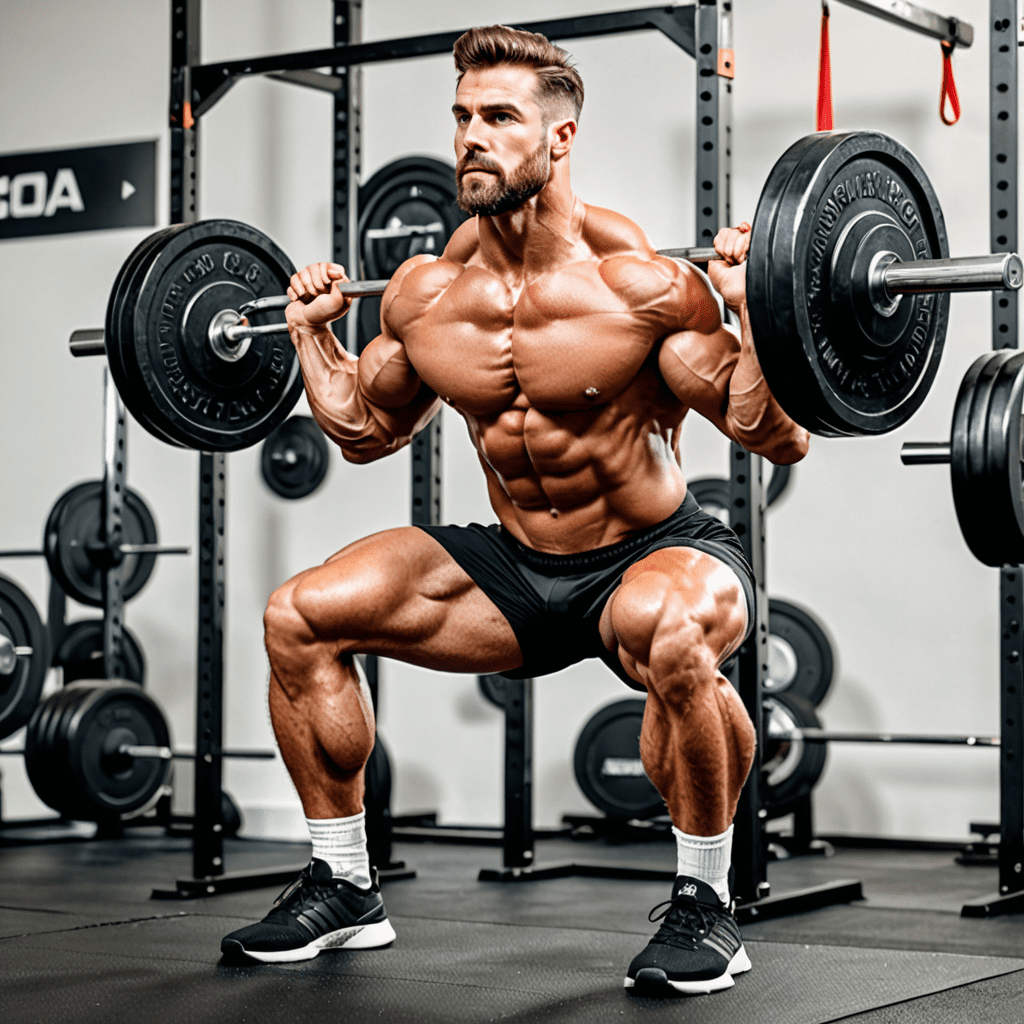
1. The Importance of Hydration for Exercise
Maintaining optimal hydration is crucial for maintaining physical and cognitive performance during exercise. The human body primarily comprises water, with over 60% of an adult's body mass being water. This water plays a vital role in various physiological processes, including regulating body temperature, transporting nutrients and oxygen, and removing waste products. During exercise, the body experiences increased sweating and respiration, resulting in significant fluid loss. This fluid loss can lead to dehydration, which can impair exercise performance and overall health.
2. Fluid Needs During Exercise
The amount of fluid an individual needs to consume during exercise depends on several factors, including exercise intensity, duration, environmental conditions, and individual sweat rate. Generally, it is recommended to drink fluids regularly before, during, and after exercise to maintain hydration and prevent dehydration. The American College of Sports Medicine (ACSM) recommends consuming 2-3 cups of fluid 2-3 hours before exercise and 1/2-1 cup of fluid every 15-20 minutes during exercise. Additionally, consuming fluids after exercise is also important for rehydration and recovery.
3. Dehydration and Its Effects on Performance
Dehydration occurs when the body loses more fluids than it takes in, resulting in an imbalance in body water content. Even mild dehydration can negatively impact exercise performance. Studies have shown that dehydration of as little as 2% of body weight can lead to decreased endurance, strength, power, and cognitive function. Dehydration can also cause fatigue, muscle cramps, headaches, and dizziness. In severe cases, dehydration can lead to heatstroke, a life-threatening condition that requires immediate medical attention.
4. Symptoms of Dehydration
Recognizing the signs and symptoms of dehydration is important to prevent any adverse effects on exercise performance and overall health. Some common symptoms of dehydration include:
- Thirst
- Dry mouth and lips
- Dark-colored urine
- Decreased urine output
- Headaches
- Muscle cramps
- Fatigue
- Dizziness
- Confusion
5. Consequences of Severe Dehydration
Severe dehydration can have serious consequences, including:
- Heatstroke
- Electrolyte imbalances
- Organ damage
- Coma
- Death
It is crucial to seek medical attention immediately if you experience symptoms of severe dehydration.
6. The Role of Electrolytes
Electrolytes are minerals that play a crucial role in maintaining fluid balance and nerve and muscle function. During exercise, electrolytes are lost through sweat. The most important electrolytes for hydration are sodium, potassium, and chloride. Sports drinks are often formulated to contain electrolytes to help replenish these losses and maintain electrolyte balance.
7. Pre-Exercise Hydration Strategies
Proper pre-exercise hydration is essential for starting exercise well-hydrated. It is recommended to drink fluids regularly in the hours leading up to exercise. The amount of fluid needed will vary depending on individual sweat rates and exercise intensity. Generally, it is advised to drink 2-3 cups of fluid 2-3 hours before exercise. Avoiding caffeine and alcohol before exercise is also important, as these substances can have a diuretic effect and contribute to dehydration.
8. Hydration During Exercise
Maintaining hydration during exercise is crucial for sustaining performance and preventing dehydration. It is recommended to drink fluids regularly throughout exercise, even if you do not feel thirsty. The amount of fluid needed will vary depending on individual sweat rates and exercise intensity. Generally, it is advised to drink 1/2-1 cup of fluid every 15-20 minutes during exercise. Sports drinks or electrolyte-enhanced water can be beneficial for replenishing electrolytes lost through sweat.
9. Post-Exercise Rehydration
Rehydrating after exercise is essential for recovery and to replenish fluids lost during exercise. The amount of fluid needed after exercise will vary depending on the duration and intensity of exercise and individual sweat rates. It is recommended to drink fluids until your urine is clear or light yellow. Sports drinks or electrolyte-enhanced water can be beneficial for replenishing electrolytes lost through sweat.
10. Individualized Hydration Plans
Individual hydration needs can vary significantly based on factors such as sweat rate, exercise intensity, and environmental conditions. It is important to develop an individualized hydration plan that meets your specific needs. Consulting with a healthcare professional or registered dietitian can help you determine the optimal fluid intake for your exercise regimen.
FAQ
Q: How much water should I drink per day?
A: The recommended daily fluid intake varies depending on individual factors such as age, weight, activity level, and climate. Generally, it is suggested to drink 8 glasses of water per day.
Q: What are the signs and symptoms of dehydration?
A: Signs and symptoms of dehydration include thirst, dry mouth and lips, dark-colored urine, decreased urine output, headaches, muscle cramps, fatigue, dizziness, and confusion.
Q: What should I do if I experience symptoms of dehydration?
A: If you experience symptoms of dehydration, it is important to stop exercising and drink fluids immediately. If symptoms persist or worsen, seek medical attention.
Q: Can I drink too much water?
A: Yes, it is possible to drink too much water. Excessive fluid intake can lead to a condition called hyponatremia, which can cause nausea, vomiting, seizures, and even death. It is important to drink fluids in moderation and to listen to your body's thirst cues.


